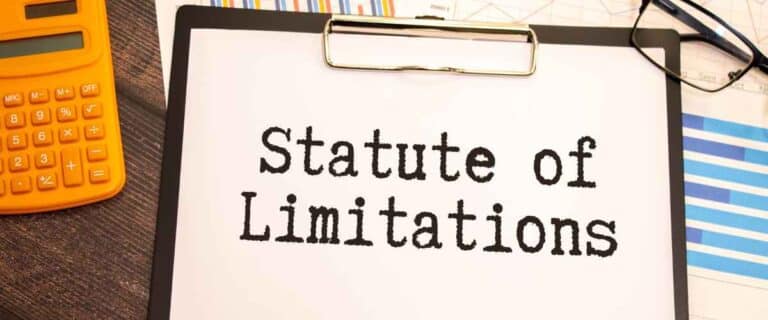Subaru is recalling all units of the 2019 Crosstrek subcompact models after learning of an issue with the vehicles’ rear seat belt assemblies.
According to the firm, the vehicles come with dual-mode locking mechanisms and seat belt webbing sensors that can fail to lock.
National Highway Traffic Safety Administration regulators reported that in an accident, the seat belt can fail to restrain the occupant, exposing him or her to personal injury risks.
This issue is particularly troubling to passengers occupying the backseat.
Subaru: Only Newer Crosstrek Vehicles Impacted By Recall
The automaker listed all 2019 Crosstrek vehicles manufactured between August 22, 2019 and September 13, 2019 as part of the recall campaign. Over 4,000 vehicles in the United States are impacted.
The 2019 Crosstreks come with seat belt assemblies that have a dual locking mechanism. Because the device’s supplier installed a pawl spring incorrectly, the redundant webbing sensor lock might become inoperative.
Subaru should contact impacted vehicle owners in the following 60 days to ask that they schedule a visit to a dealership. There, the rear seat belt assemblies will be inspected and replaced if necessary.
Crosstrek Model Implicated In Another Accident-Related Recall Recently
Subaru’s latest Crosstrek recall isn’t the only that impacts the latest model.
The NHTSA reports that Subaru launched a major recall involving 2018 and 2019 Crosstrek and Impreza vehicles over an electrical issue. This particular recall campaign impacted over 466,000 vehicles nationwide and exposed drivers to accident risks.
If you own one of the recalled vehicles and you’re concerned about your safety and the safety of your passengers, you may contact Subaru’s customer service at 1-844-373-6614.
If you’re not sure if your vehicle was impacted by either Subaru recall, you can use the Subaru VIN lookup tool to confirm.
When a vehicle you own is recalled, avoid accidents and injuries by following the automaker’s instructions. All too often, however, drivers aren’t aware of open recalls because they fail to update their contact information with the automaker when they move.
Making sure your carmaker has your updated information could help save your life.
For more on this campaign, follow this link.



